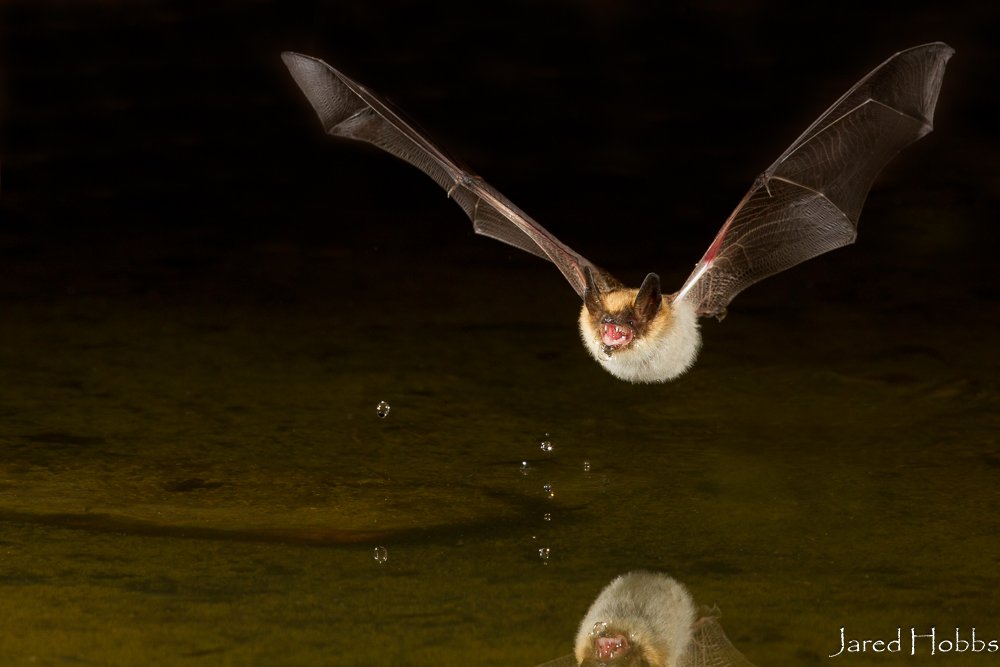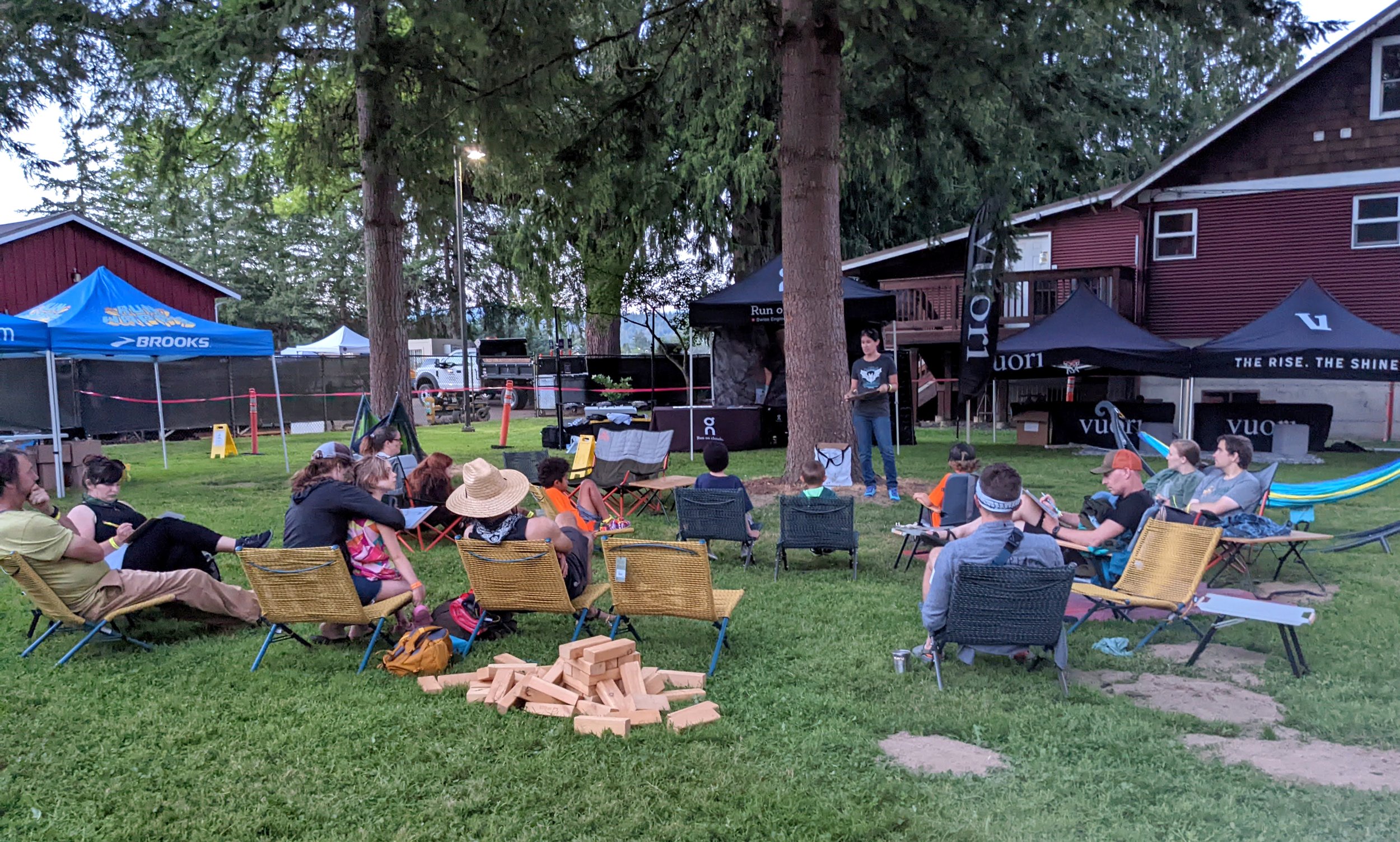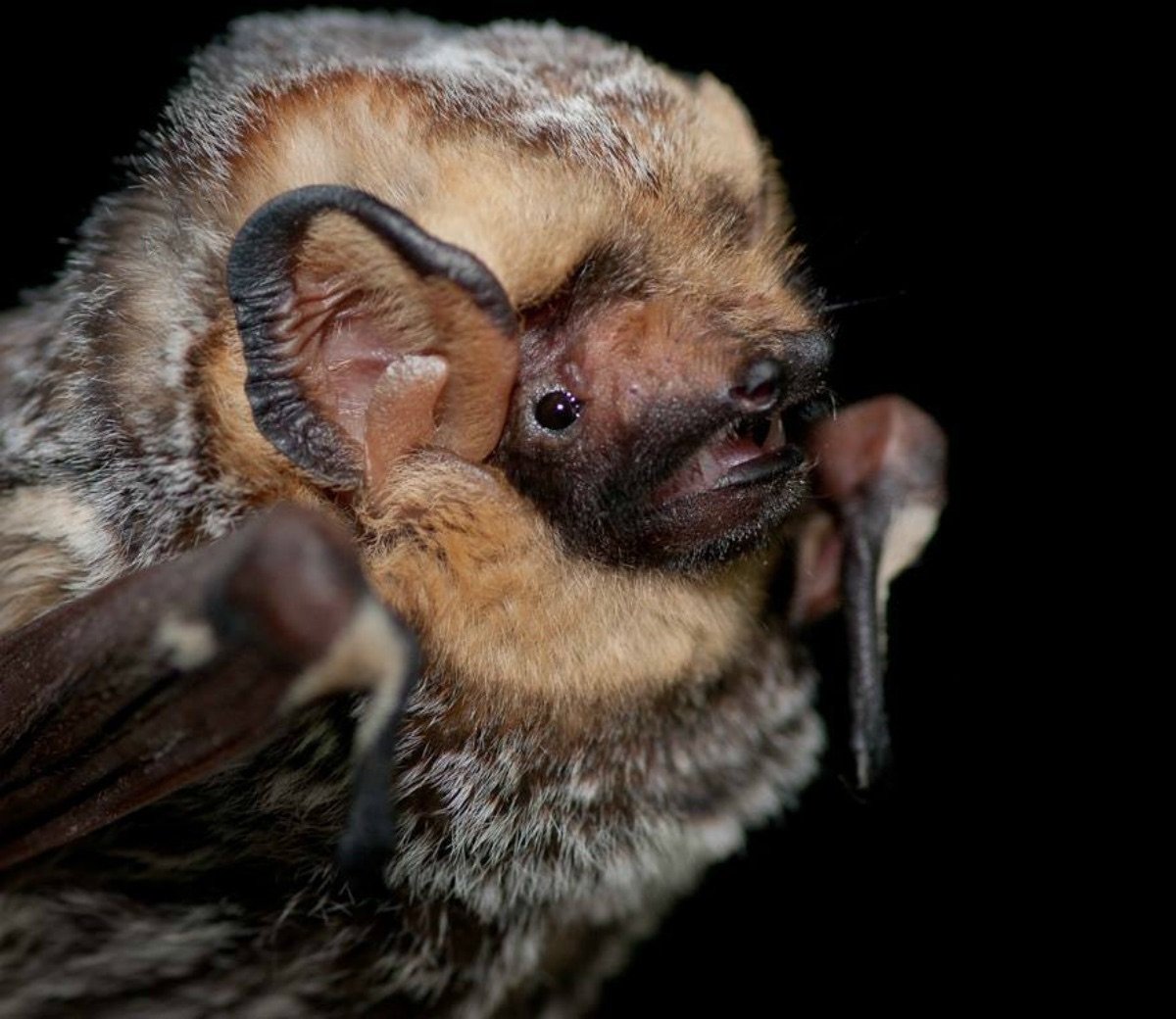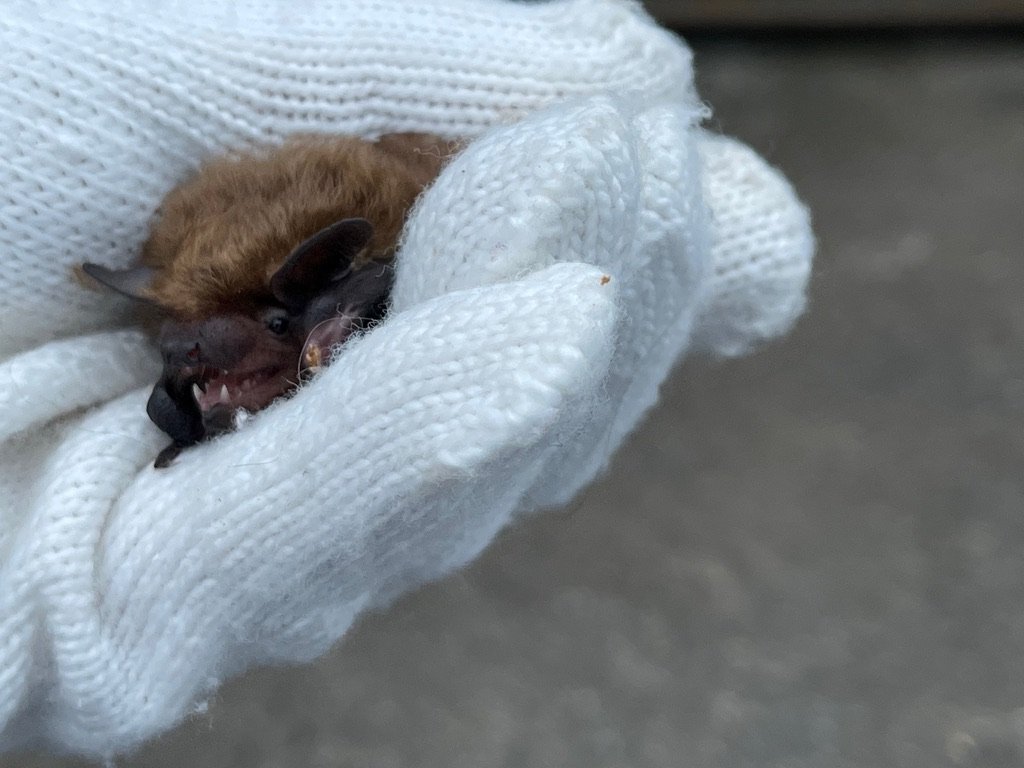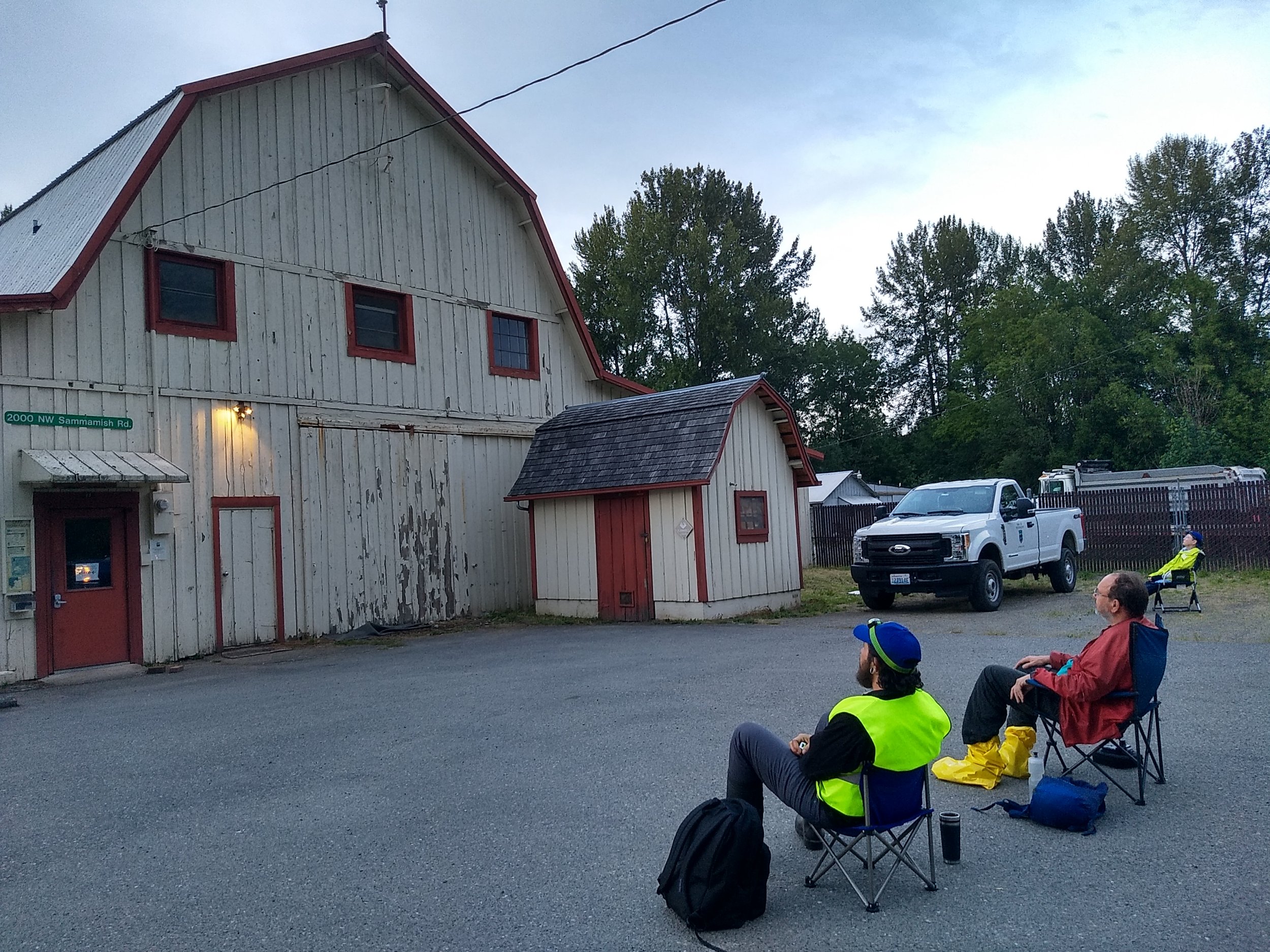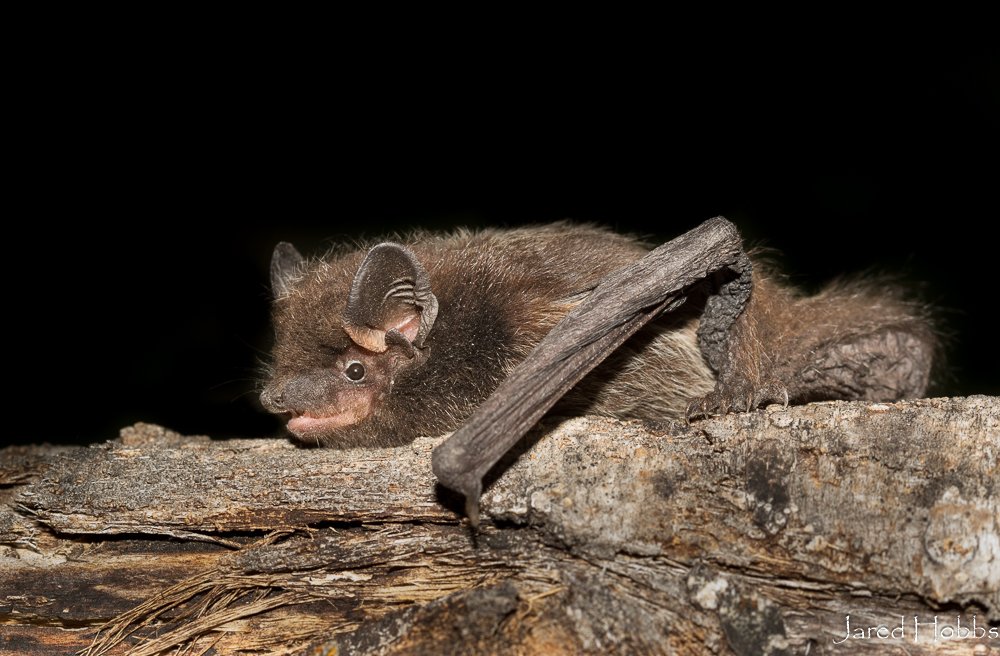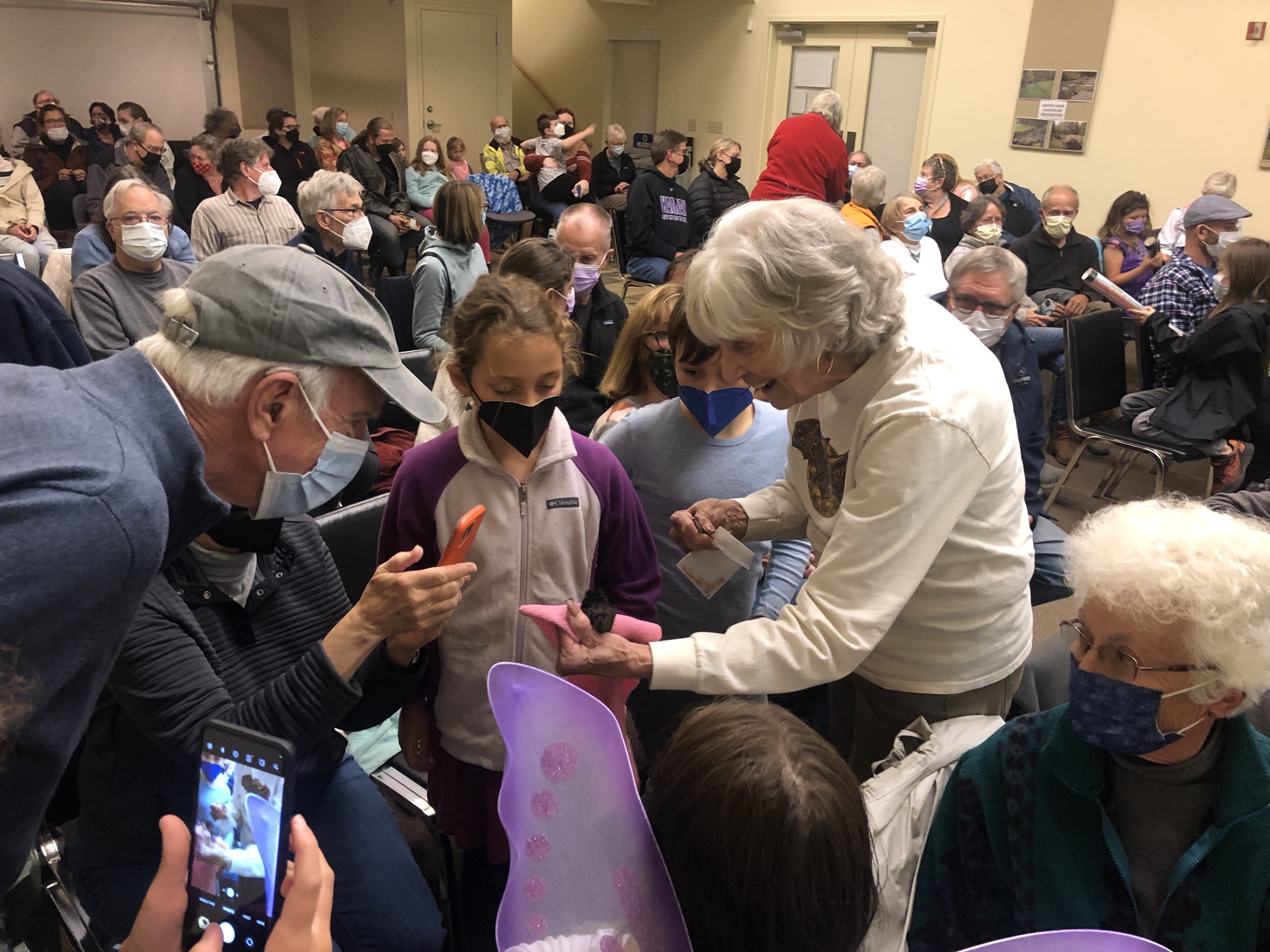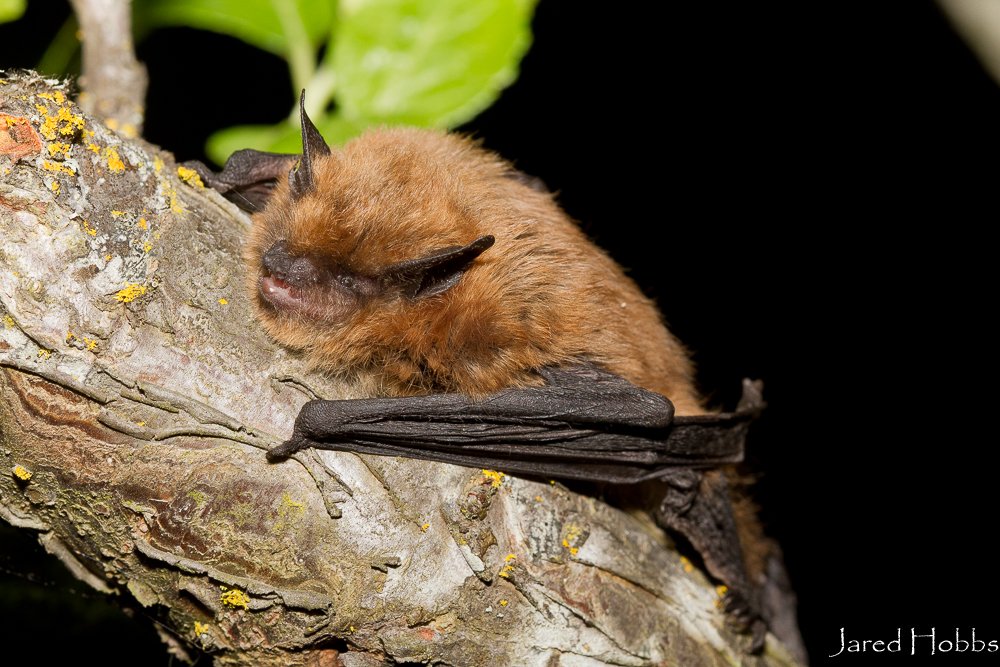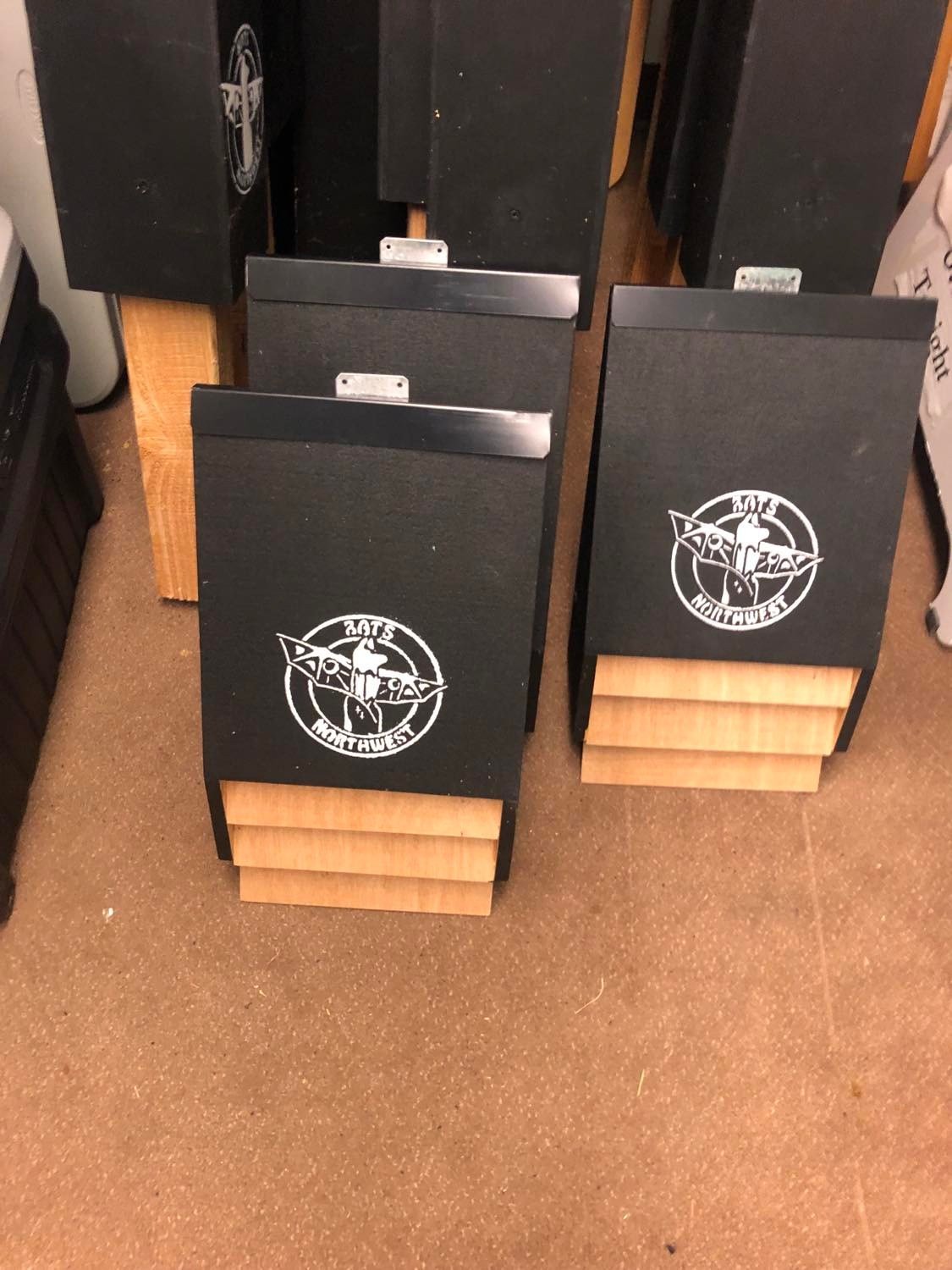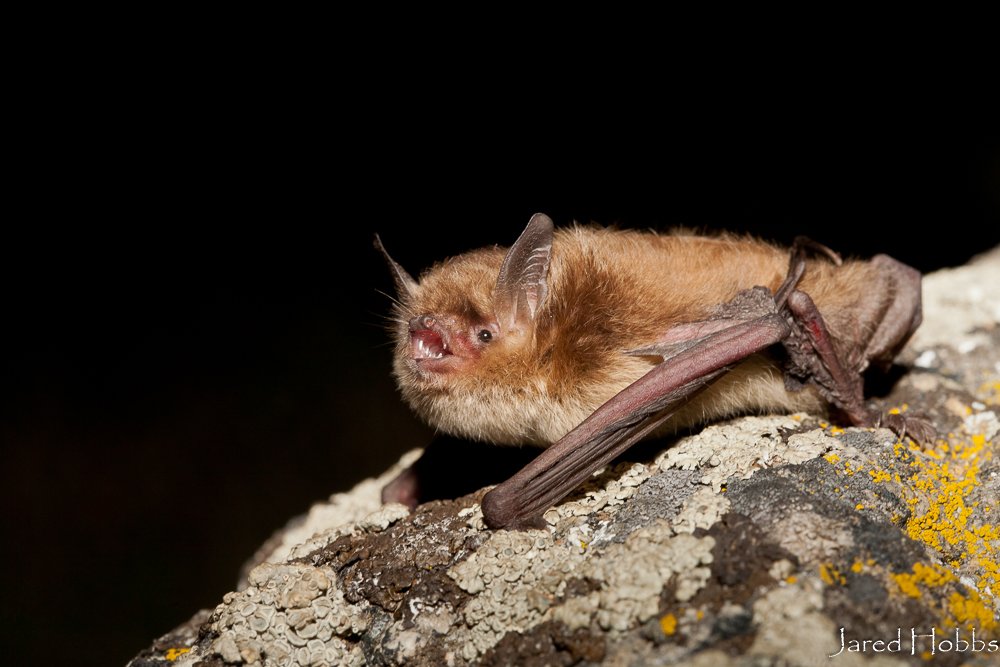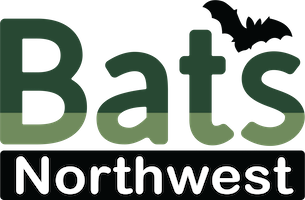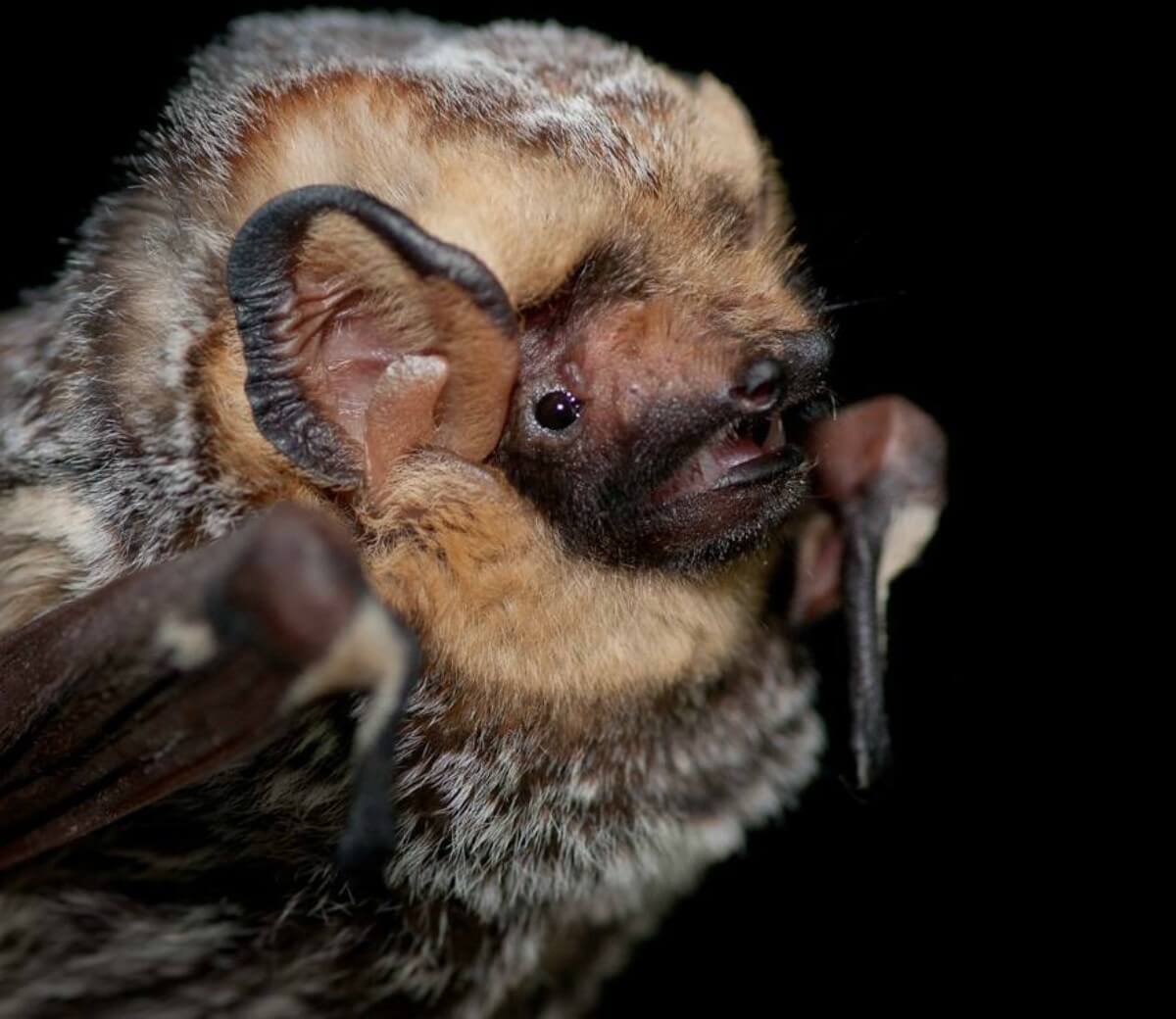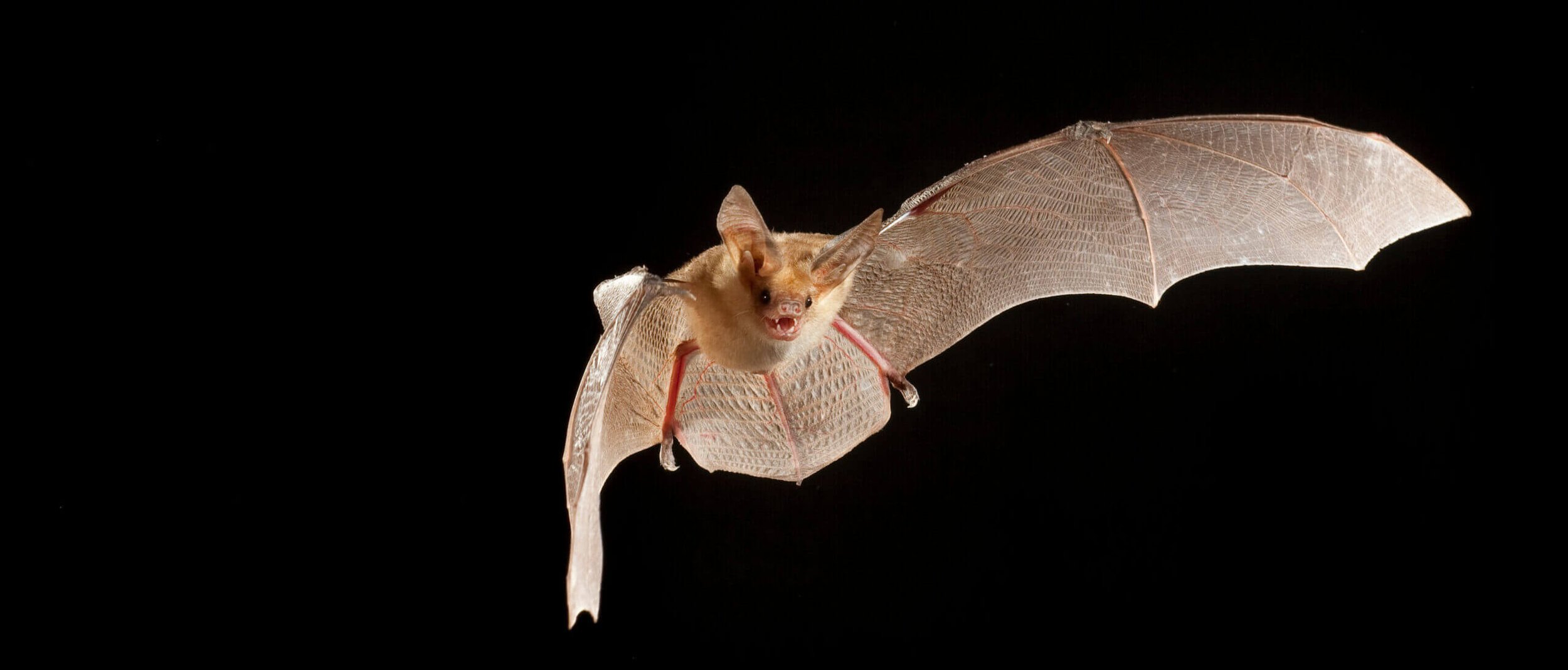
Bats are vital to our ecosystem.
(c) Michael Durham
Helping bats in Washington State
Bats Northwest envisions a future where the essential role of bats is understood, the public recognizes the vital place of bats in our environment and economy, and where all are inspired by their remarkable and invaluable contribution to our natural heritage.
Upcoming events
-
Bat Count 2025: 30-minutes for science
Saturday, August 30th 8-8:30pm
August 30 is International Bat Night! Make your night batty by participating in the Bat Activity Trends community science program!
Participate from anywhere in the Pacific Northwest by observing bats and collecting data for just 30 minutes!
-
Green Lake Bat Talk
Thursday, August 28 7:15PM
Our final Bat Talk at Green Lake this summer is here! This free event starts at 7:15pm and will include a presentation on bats and the chance to observe some urban bats in the wild.
-
Community Science for Bats
Thursday, September 4 7:00 PM - 9:00 PM
Registration now open! Bats Northwest and Woodland Park Zoo are teaming up to capture bat information at Green Lake in Seattle. Come be a community scientist. Registeration is required for this event, so register today!
Get Involved
Bats are at risk as a result of habitat destruction, the introduction of invasive species, hunting, and climate change. Bat populations could continue to decline, and without intervention, these threats could lead to species extinctions.
We have the power to help bat populations throughout Washington by working together. Join us in our mission to increase public awareness and promote a greater appreciation for bats.
White-nose syndrome
White-nose syndrome (WNS) is a disease that affects hibernating bats and is caused by a fungus, Pseudogymnoascus destructans, or Pd for short. Pd grows in cold, dark and damp places. It attacks the bare skin of bats while they’re hibernating in a relatively inactive state. As it grows, Pd causes bats to become active more than usual and burn up fat they need to survive the winter.
Community Science
Bats Northwest conducts and supports several research efforts in Washington.
Our volunteers aid in long-term acoustic monitoring projects in the Puget Sound area to gain insights into our species and their range. Programs like Bat Activity Trends (B.A.T.) involve the public in collecting observational data on local bat activity, teaching us about the habitats that support bats.
